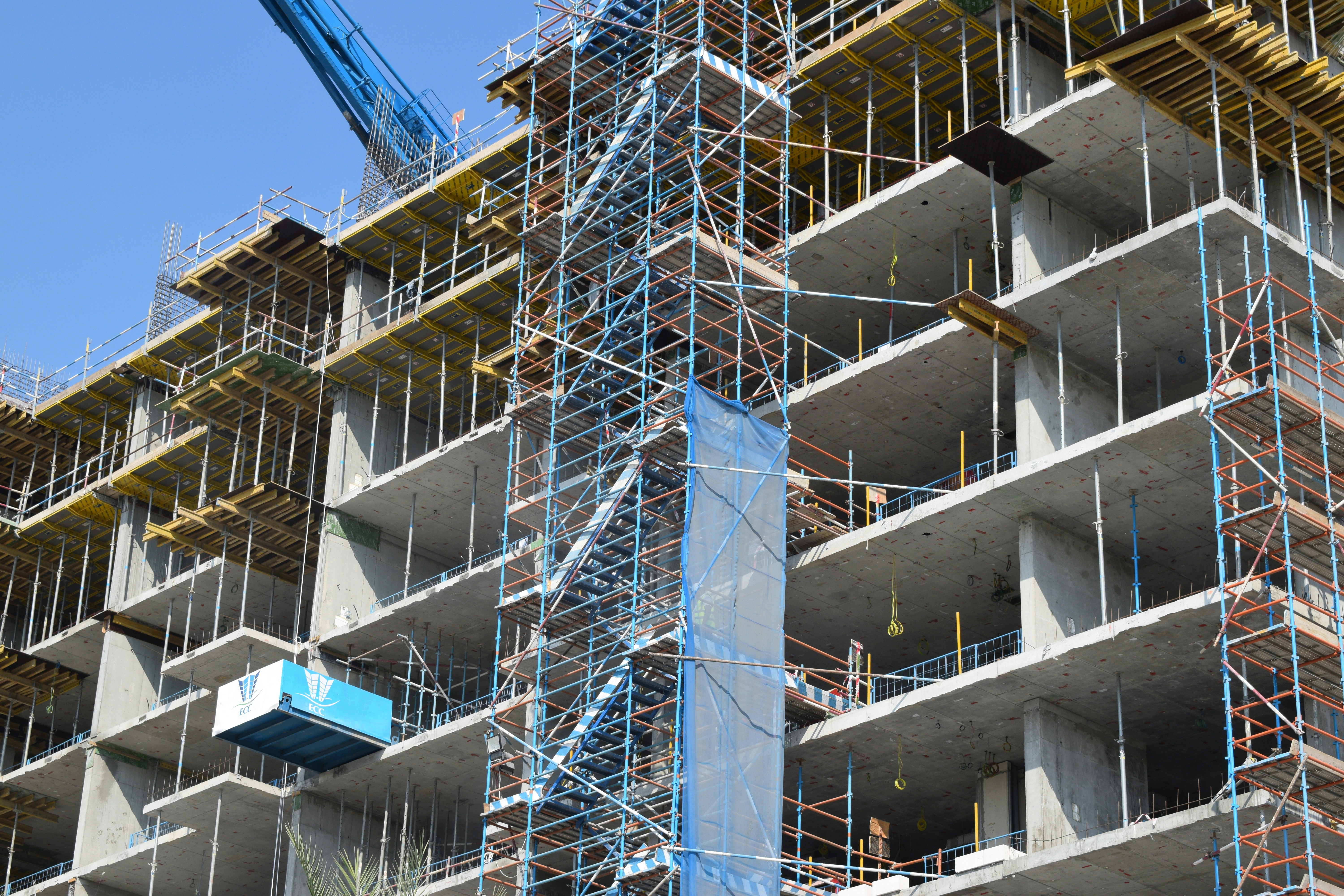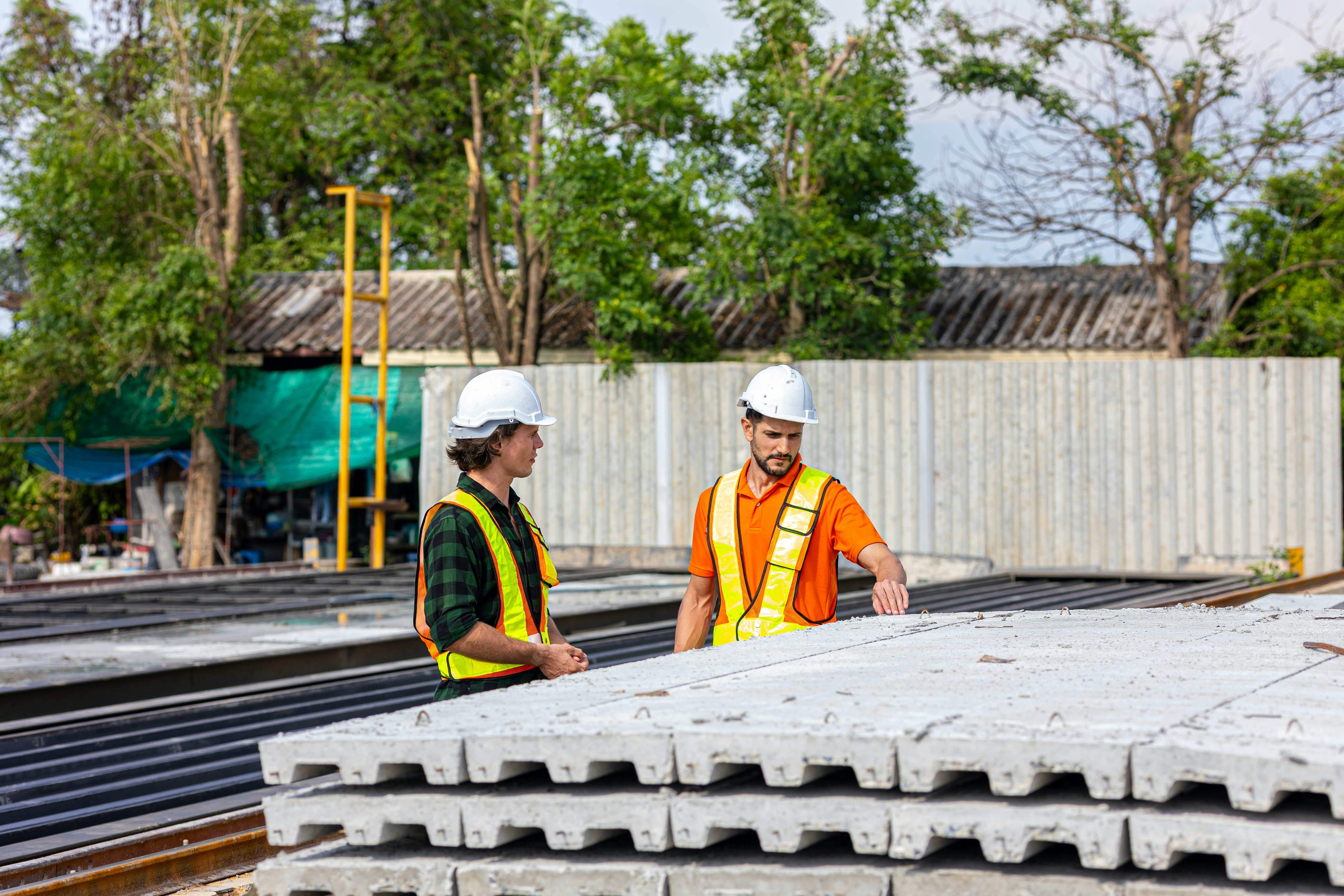

By Cornelia Wu | Mon, September 29, 25
NEEP, together with the Rutgers Center for Urban Policy Research, is working with the NJ Board of Public Utilities (BPU) to support the NJ Zero Energy Buildings Roadmap (ZEB Roadmap) and facilitate the New Jersey Energy Code Collaborative (NJ ECC). The goal is to leverage codes as a key strategy to help affordably reach the state’s energy efficiency and GHG emission reduction goals.
Energy codes are the key to improving the built environment. Installing insulation, reducing thermal bridging, and ensuring airtightness improve a building’s energy efficiency and resiliency. Energy codes not only support occupant health and comfort but also lower a building’s energy consumption and GHG emissions over its life cycle.
In this post, we summarize these initiatives in New Jersey, how they are supporting the state’s building energy codes updates, and how the ZEB Roadmap will support longer-term initiatives for the built environment.
Current Status of the NJ Building Energy Code
New Jersey’s building code adoption schedule has kept up to date with the latest model codes. The NJ Department of Community Affairs, Division of Codes and Standards establishes and enforces building codes in partnership with the State's municipalities. The current Uniform Construction Code is based on the 2021 International Energy Conservation Code (IECC) for low-rise residential and ASHRAE 90.1-2019 for commercial and all other residential buildings. As of August 12, the proposed code, based on the 2024 IECC and ASHRAE 90.1-2022, was reviewed by the Attorney General’s office and is with the Governor’s office for review. Once approved, the adoption proposal will be published in the NJ Register, followed by a 60-day public comment period. Adoption is expected in the beginning or middle of 2026.
Zero Energy Buildings Roadmap: A “Living” Document
The NJ Department of Environmental Protection (DEP)’s Global Warming Response Act 80x50 Report identified pathways to reduce the state’s greenhouse gas emissions by 80 percent of 2006 levels by 2050. This report’s recommendation led to the development of the ZEB Roadmap. While the building code is a set of mandatory requirements that enforce health, welfare and safety standards, the ZEB Roadmap is a set of recommendations and strategies aligned to the goals of NJ’s Energy Master Plan.
As a “living” document, the ZEB Roadmap provides for ongoing collaboration and communication and will continue to be updated. The ZEB Roadmap contains three concurrent pathways for implementing strategies for both new construction and existing buildings, primarily through the adoption/amendment of building codes. These pathways were developed to reach a goal of zero-energy building codes by 2030 or sooner.
- The New Building Base Code Path is based on adoption of the most recent version of the IECC and ASHRAE 90.1 code, and recommends comprehensive implementation and compliance initiatives statewide;
- The Stretch Code Path focuses on the development and adoption of a statewide voluntary stretch code to drive energy efficiency beyond base code; and
- The Existing Building Code Path focuses on improvements to the Rehabilitation Subcode and other strategies, such as developing data analyses and policy approaches for building performance standards, to drive energy efficiency and electrification improvements in existing buildings.
The ZEB Roadmap’s recommendations are non-binding, and may require legislation, regulatory changes, or other action to facilitate implementation.
The NJ Energy Code Collaborative
The NJ ECC is a public stakeholder body with a broad range of participants including building design professionals, the construction industry, energy efficiency contractors, representatives from labor and environmental organizations, municipal staff, New Jersey state agencies, and university-based organizations. The NJ ECC aims to improve building code administration, enforcement and compliance, aligned with New Jersey’s clean energy policies, including the NJ Energy Master Plan goals and recommendations. The NJ ECC will continue to research and develop the ZEB Roadmap.
There are currently three subcommittees and two working groups:
- Energy Codes for New Construction Subcommittee
- Stretch Code Working Group
- Net Zero Energy Code Working Group
- Code Compliance and Workforce Subcommittee
- Existing Buildings and Retrofits Subcommittee
The Collaborative may add more working groups, depending on member interest.
Energy Codes for New Construction Subcommittee: Stretch Code Working Group
The New Jersey Uniform Construction Code establishes minimum requirements for new construction and major renovations. Local jurisdictions in New Jersey do not have the authority to adopt a more stringent stretch code, but seven other states in the Northeast and Mid-Atlantic allow this. While some of these states allow jurisdictions to write bespoke stretch code language, others like Massachusetts and Maine write specific stretch code language that must be adopted unchanged by jurisdictions that choose to participate.
The NJ ECC’s Stretch Code Working Group will investigate the viability and appropriateness of stretch codes in New Jersey. New Jersey already has incentives for high performance buildings, for example through the Clean Energy program and the New Jersey Economic Development Authority (NJEDA). There is an opportunity to align these incentives with stretch codes.
Code Compliance and Workforce Subcommittee
NEEP’s recent report, Code Enforcement Workforce Gap Analysis: New England and Mid-Atlantic Region, identified several workforce challenges throughout the region, most notably that nearly 40 percent of the code official respondents expect to retire by 2029. Code official recruitment is a priority. There is potential to formalize existing training pathways at community colleges, encourage mentorship, and to recruit through outreach to adjacent professionals such as architects and engineers. The Code Compliance and Workforce Subcommittee will also explore training, including the possibility of requiring energy code content in code enforcement officer continuing education.
Existing Buildings and Retrofits Subcommittee
New Jersey’s Rehabilitation Subcode (Rehab Subcode) governs construction in existing buildings across the state with the goal of facilitating safe, efficient work on existing structures. At its foundation, the Rehab Subcode recognizes that when building owners choose to make voluntary improvements, it is not always financially feasible or appropriate to require additional upgrades beyond what is necessary for safety. The code is designed to encourage maintenance and improvement projects by limiting scope creep and associated costs. This presents a challenge to integrating energy code provisions into existing building upgrades, though the Rehab Subcode does trigger some Energy Subcode requirements such as windows and lighting. The NJ ECC will work on balancing these priorities.
An initiative led by Rutgers in partnership with NJ BPU, New Jersey Institute of Technology, Energy Solutions, NEEP, and various community and industry groups is focusing on developing evidence-based, cost-effective Building Performance Standards (BPS) in New Jersey. Key tasks include policy research and modeling, developing an incentivized “lead by example” BPS pilot, extensive stakeholder engagement, and producing a playbook and toolkit for use statewide and by other interested states. A component of the work entails reviewing possible conflicts between BPS and the NJ Rehab Code, and how to resolve these beneficially.
Join the Conversation
The next meeting of the NJ ECC will be a hybrid meeting in Princeton, NJ on October 20, as part of Day Zero activities of NEEP’s HEW2025. You need not register for the conference to attend this meeting, but we hope you will join us for both events! To join the NJ ECC, please fill out this form.



